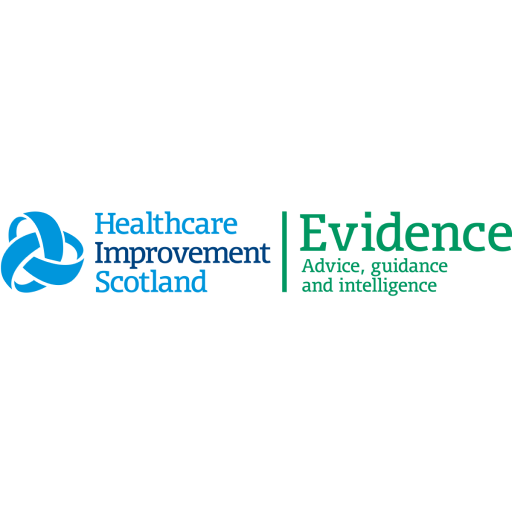People may engage with health services at different stages and for different reasons. People should be fully involved in decisions about their care, and where appropriate their families/representatives should be involved with consent.
A holistic, person-centred assessment is undertaken to ensure that people receive the care that is right for them. Assessments should be undertaken by trained healthcare staff who are responsive to the needs of the person and understand the services available. Referrals should be made in line with the relevant care pathway.1, 15
Access to a multidisciplinary team, consistency of care and incorporating the person’s needs and aspirations supports the development of a personalised care plan. This ensures that people receive the care that reflects their needs and personal circumstances. Services should work in partnership to ensure that care needs are continually assessed, reviewed and monitored. The care plan should be shared with the wider multidisciplinary team, including the person’s GP and/or pharmacy, where appropriate. There should be clear communication between services, including transfer of care in line with local pathways.
Not everyone will need a referral to specialist gender identity services. Some people’s care needs will be better met in other services, including primary care. Some people may decide to halt or reverse aspects of their gender identity healthcare. An individual’s decision will be personal and a person-centred and compassionate approach should be taken by staff and services.12, 15, 35, 38, 39
